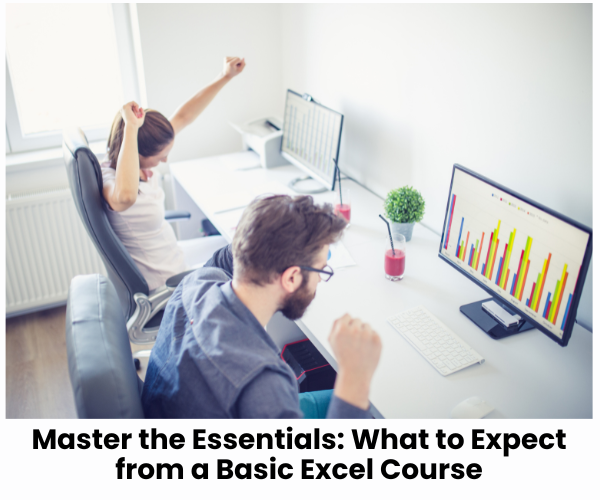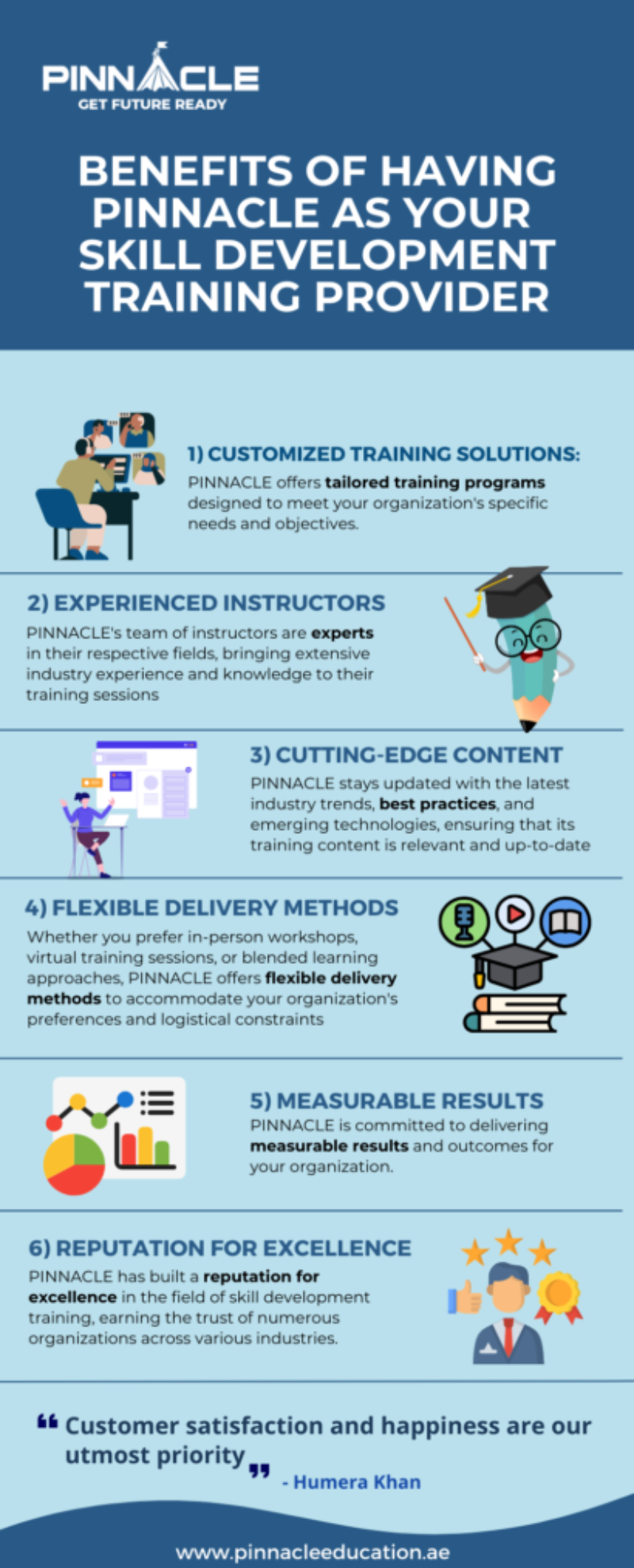Unlock the Power of Spreadsheets: Basic Excel Skills Explained

Microsoft Excel is an essential tool for anyone looking to organize data, streamline workflows, and increase productivity.
Whether you’re a student, a professional, or someone managing personal finances, learning Excel can open doors to efficiency
and growth. But if you’re considering a Basic Excel course, the burning question might be:
“Will this course teach me the essential skills to create and manage spreadsheets effectively?”
Let’s dive into what a good Basic Excel course should offer and why mastering these skills is crucial.
1. What Does a Basic Excel Course Cover?
A foundational Excel course is designed to equip you with the skills you need to use Excel confidently. Here’s what you
can expect to learn:
- Understanding Excel’s Interface
Learn to navigate the Excel toolbar, ribbons, and workspace. A well-structured course will help you understand menus
and shortcuts to save time and effort.
- Working with Data
Discover how to input, edit, and organize data effectively. You’ll learn to create clean spreadsheets that are easy to read
and manage.
- Using Formulas and Functions
Get introduced to essential formulas like SUM, AVERAGE, and COUNT, and learn how to use functions to automate
calculations and reduce errors.
- Formatting for Clarity
Learn techniques for formatting cells, applying borders, and using colors to highlight important information,
making your spreadsheets visually appealing and easy to understand.
- Sorting and Filtering Data
Master the ability to sort data alphabetically or numerically and filter data to focus on what’s relevant.
- Introduction to Charts
Create basic charts and graphs to present data visually, ensuring your work is not only functional but also impactful.
2. Why These Skills Matter
- Professional Growth: Excel is a core skill in most industries. Whether you’re applying for a job or seeking a promotion,
having Excel proficiency on your resume can set you apart.
- Efficiency and Productivity: By mastering the basics, you’ll save time on repetitive tasks, allowing you to focus on more strategic
aspects of your work or projects.
- Data-Driven Decisions: With Excel, you can organize and analyze data to make informed decisions, whether you’re tracking
expenses, managing inventory, or creating reports.
3. How to Choose the Right Excel Course
When selecting a course, look for these features:
- Practical Learning: Does the course offer hands-on exercises and real-world examples? Practical application is key to
- mastering Excel.
- Structured Curriculum: The course should progressively cover topics, starting from the basics and building your confidence
- step by step.
- Support and Resources: Check if the course provides downloadable materials, templates, or access to instructors for support.
Certification: A certificate of completion can validate your new skills to potential employers.
4. Beyond the Basics: Building a Strong Foundation
A Basic Excel course is the stepping stone to more advanced functionalities like pivot tables, VLOOKUP, and data analysis
tools. Once you’ve mastered the essentials, you’ll be better equipped to explore Excel’s full potential.
5. Ready to Start Your Excel Journey?
The first step is always the hardest, but a well-chosen course can make all the difference. With the right guidance, you’ll soon
find yourself navigating Excel with confidence and ease.
Don’t let the fear of formulas hold you back—embrace Excel’s potential to simplify your life and enhance your career. Take that
first step today!
Join Excel Courses at PINNACLE!
📍 Location: PINNACLE Innovation and Education, Oud Metha, Dubai
⏳ Special Offer: Enjoy up to 15% off on your first enrollment!
📞 Call 04 832 8855 or WhatsApp 054 544 6135 to book a free consultation.

